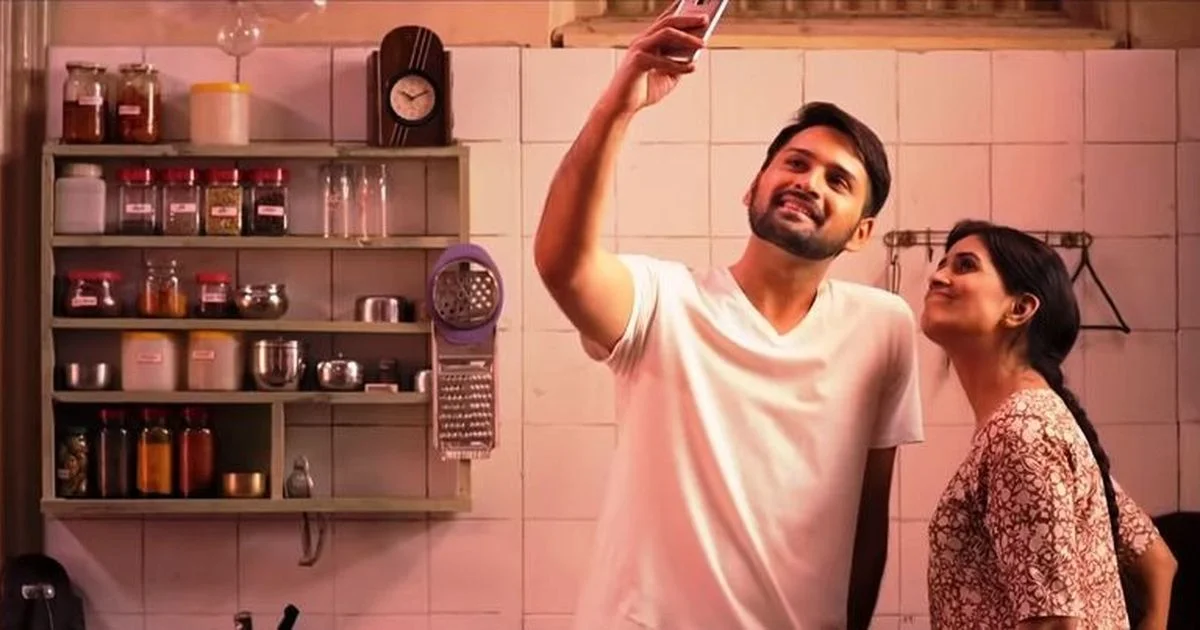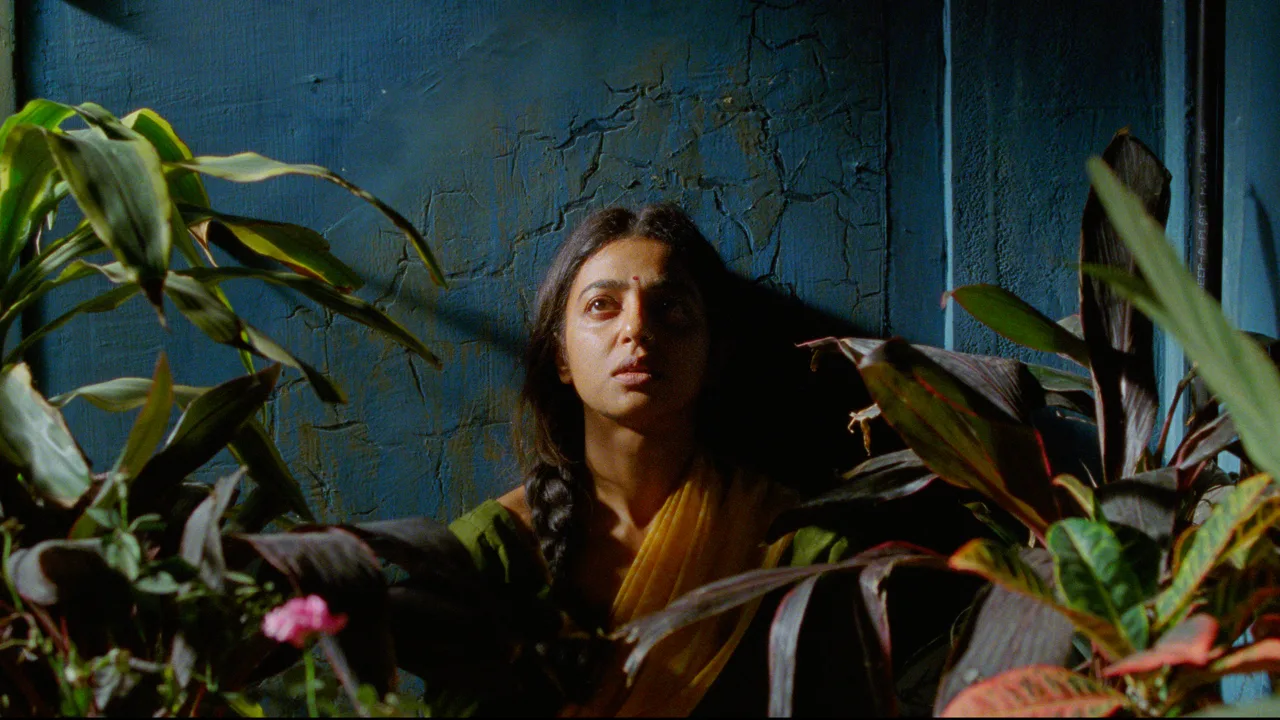Movies about food are always pleasant to watch. Gulabjaam (made by Sachin Kundalkar), as its namesake, is short, sweet and indulgent. Aditya (Siddharth Chandekar), an NRI banker, lies to his family about going back to work in London. He comes to Pune to learn traditional vegetarian Marathi cooking and finds the Mr Miyagi to hone his cooking talent in Radha (Sonali Kulkarni).
https://www.youtube.com/watch?v=uCM–sf04fM
Marathi food is stubbornly simple and stubbornly unassuming. It is only later that you realise its true nature and complexities. Radha is just like that. She is at first rude and unwelcoming to Aditya. But as she gets to know him, she opens up a side of herself which she had kept firmly guarded.
The non-confrontational Aditya is torn between his passion for food and the need to have a secure and stable future. Both the characters are fully rounded. They are both passionate about food in different ways and the story does not shy away from portraying their emotions or flaws.
Aditya has to learn about the other aspects of cooking: shopping for food, cleaning the kitchen and utensils and so on. Radha is a big fan of Ranbir Kapoor films. Somewhere between Tamasha and Ae Dil Hai Mushkil, she learns to live, love and laugh again. Together, they start ‘Dial-a-chef’, a service where they visit the customer’s house and prepare a meal for them.
There are many different kinds of love, many kinds of forever.
Living a life where his professional achievements mean nothing to him, Aditya has to lie to his family about wanting to open a Marathi restaurant in London. A conversation that he has with his fiancée underlines the fact that she is not willing to listen to his plans and wants him to continue being a banker so she can marry him and be a homemaker.
When he accidentally runs into her at a party which he and Radha are catering, she is understandably shocked. But when they do have a conversation, she still cannot give him the space to follow his dream. She urges him to think practically. He, on the other hand, is glad that they are finally talking like adults and discussing the realities of their relationship.
We learn later into the film that Radha had been in a coma for 11 years. Her cold and strong exterior only breaks down when her sister (Renuka Shahane) comes to visit her. She escapes the situation with Aditya and they watch a movie. Films help her escape her reality and the darkness of the theatre gives her anonymity.
She remembers very little about her past and doesn’t remember counting or numbers. What stayed with her was cooking. Aditya disrupts her life of making dabbas for strangers and insists she teaches him. She wears down and becomes fond of Aditya.
Also Read: New Marathi Cinema Can Afford Modern Heroines, But Not Feminist Ones
When she comes to know he’s planning to go to London, she gets upset with him for abandoning the business they created together. But she realises that he must go and follow his dream and does not want to stop him for her selfish interests. He does his bit to make sure she doesn’t recoil into her shell again by getting her in touch with an old school friend of hers, whom she doesn’t remember.
If this were a typical movie, they would have ended up together. In many parts of the film, there is a build-up of some romantic tension between the two, especially when Aditya stays over at her place. Thankfully, it amounts to nothing.
If they had gotten romantically involved, Aditya probably would have stayed back, abandoning his dream. Over time he would have grown to resent her for that and continued taking sleeping pills. She could have become dependent on him to fulfil her mathematical and emotional needs, or grown weary of his youthful self-centeredness.
She never relinquished power even when they started the business together, but spending all their time with each other would have destroyed the peaceful and quiet life she had built for herself. She would have continued to steal his sleeping pills.
In Gulabjaam, we see the sweetness of a great friendship.
Not being romantic partners afforded them the freedom and space to grow and let the other person grow as well. It is untouched by the power play and emotional blackmailing of a typical movie romance. Films rarely give the lead couple the ability to form personal relationships that are purely platonic.
After all, ek ladka aur ladki kabhi dost nahi ho sakte. With Gulabjaam we get to see a relationship that is like a traditional Marathi meal: hearty and delicious, but never excessive and needless. In Gulabjaam, we see the sweetness of a great friendship.
Aditya and Radha are shown to be in touch even after he has opened a restaurant in London. They write letters to each other, and she sends him recipes and ingredients. He puts up a photo of hers in his restaurant because she is the reason he managed to pull this off. She decided to leave behind her trauma and start living, because of him. There are many different kinds of love, many kinds of forever. That’s what made Gulabjaam so special.
Also Read: Lakshmi – A Must Watch Short Film On Conjugality And Sexuality
Featured Image Credit: Scroll
About the author(s)
Tanika Godbole is a writer/journalist based in Mumbai. She is interested in LGBT and women's rights, and is keen on writing about those topics. She also makes terribly drawn comics on human rights and pop culture. They can be found on https://www.facebook.com/godbolet/




